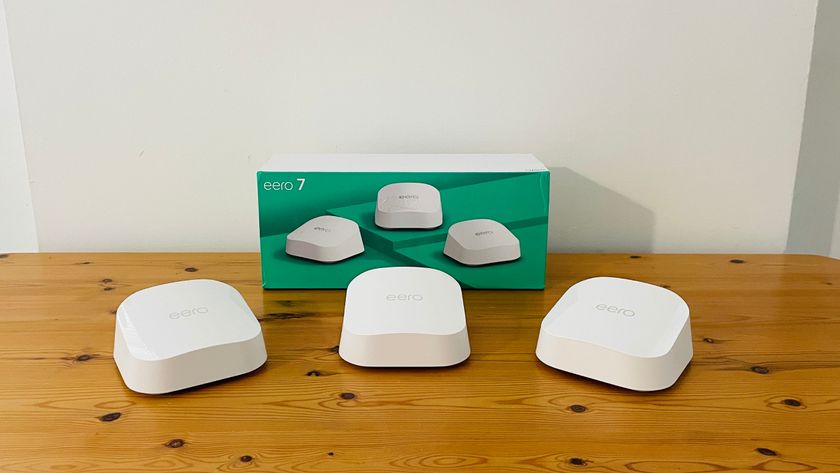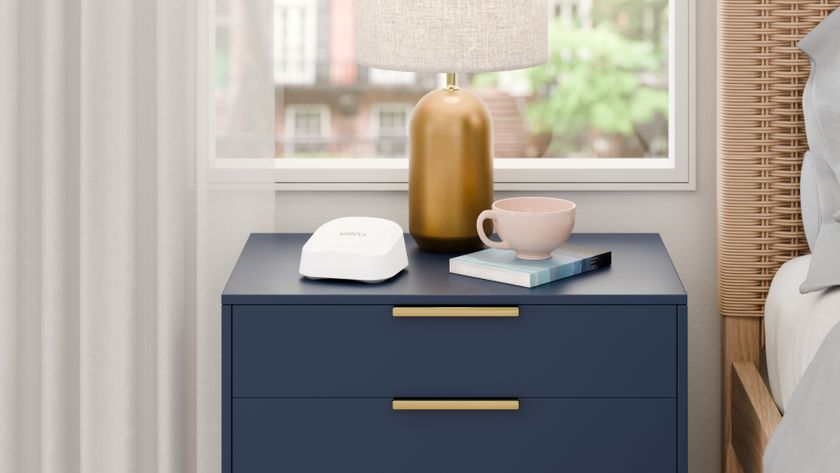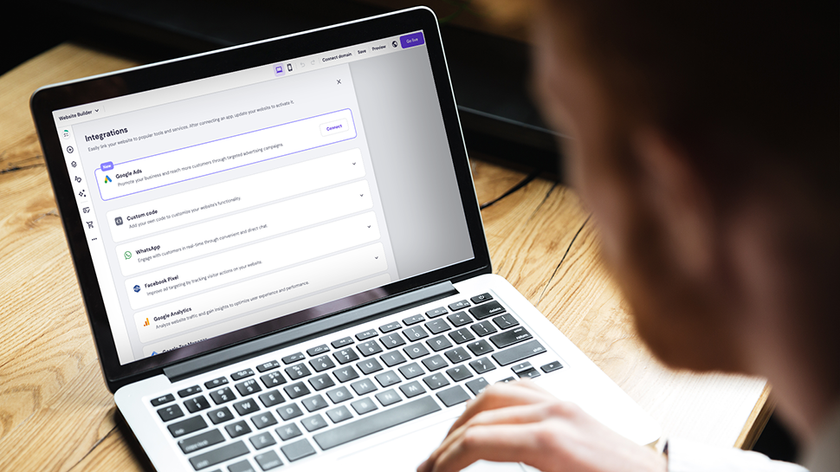Boost slow internet speeds: techniques to increase your broadband output
Swiftly fix those poor internet speeds

There is no greater pain than slow internet speeds stopping you from even just getting online, buffering for minutes, downloads loading for hours and crashing on repeat. So how do you fix it?
Luckily there is a number of ways to resolve this issue, with everything from investing in new broadband deals, routers and extenders through to the less financially burdening suggestions.
But really, the best option is to try a number of different techniques to try and level out any issues you may be facing. That way, whether you're working from home or trying to just improve your doom and gloom download speeds, there are a few guaranteed ways to see results.
We've listed our top suggestions for boosting internet speeds below so you can attempt to resolve the issues yourself.
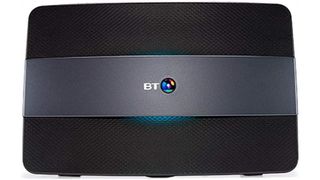
1. Change to a better router:
Usually the most obvious issue limiting your speeds is your router. When you invest in a new broadband plan most ISPs will give you their stock router which isn't always the best option available.
If you don't mind spending a bit, you can invest in a new router which could help you get full access to the speeds that were advertised with your internet. We've detailed a list of our top choices for the best routers available.
Just keep in mind, once you buy a new router, you will need to move your details from your old router to the new one. You can find out the necessary details by contacting your ISP.
2. Upgrade your broadband package:
Quite simply, you might be experiencing slow internet because you have the wrong internet plan for you. Consider investing in a broadband deal that provides you with faster speeds to allow for greater ease and access to more people.
If you are currently on an ADSL package, fibre broadband deals could be the step up you need to ease this pain. And if you're struggling with fibre...just go faster. There are a number of ultrafast plans out there and even options up to the Gigabite mark!
We've gathered all of the best broadband deals in one helpful guide so you can compare them all yourself.
3. Plug straight in
Wi-FI is convenient don't get us wrong...but it's not always the best choice. If you're suffering from slow downloads on your gaming console or finding your laptop is taking a decade to open a web page, an ethernet cable allows you to plug straight in and access the internet via cable.
This should in almost all cases provide a boost in both the speeds and reliability of the connection you're getting, especially if the device you're using is far away from your router.
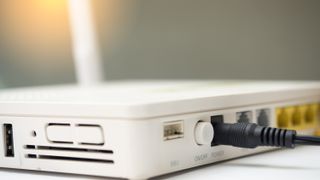
4. Move the router or invest in an extender
Sat on the opposite side of the house to your router? Router placed in some strange corner of the house? This could be the issue. Consider moving it either to the middle of your home or to the area where you need it most.
Doors and walls can limit your signal so consider how many floors, walls and doors the signal has to go through to get to you. If its a lot, consider moving your router somewhere better placed.
Live in a large property? Well, things might be a bit more complicated. You might need to invest in a stronger router or buy some Wi-Fi extenders to push your signal further through the house.
Or the likes of BT have specialised discs for this. Or if you want to get really fancy, a mesh router could be a better choice. These work by placing several nodes throughout your property, forming a strong signal throughout the home.
5. Have you tried turning it off and on again?
Yes...we're not joking. While this has become an almost comical suggestion, resetting your connection can fix issues relating to speeds, connectivity and a number of other relevant problems you may be facing.
In fact, we would suggest this is the very first thing you try to fix any issues you might be facing with your internet right now.
6. Fiddle with the settings
Feeling bold? There are a number of settings you can alter to see a boost in your possible speeds. This can be done by either using console commands on your laptop or entering your IP into google and logging in that way.
The only thing to consider when doing this is that it is less safe than other options and if you don't know what you're doing it may cause issues. Therefore do your research first and proceed with caution.
7. Close down additional apps and turn off other devices
If you're downloading, uploading and performing general internet activities, all at the same time, you will almost definitely see a drop in your speeds. So a simple way to fix low speeds? Close your apps.
If you're working from home try and halt downloads and uploads until you're done and close any additional applications to boost your speeds. It is also worth considering what other devices are connected.
If you have tablets, phones, and consoles all connected to the internet, turn them off or disconnect them from the W-FI to see a major relive on your internet connection.
- Try something more portable like mobile broadband
Get daily insight, inspiration and deals in your inbox
Sign up for breaking news, reviews, opinion, top tech deals, and more.
Alex is a journalist who has written extensively about all things broadband, SIMs and phone contracts, as well as scouring the internet to land you the best prices on the very latest in gadgets and tech. Whether that be with the latest iPhones and Android handsets, breaking down how broadband works or revealing the cheapest SIM plans, he's in the know, and will help you land a bargain.

